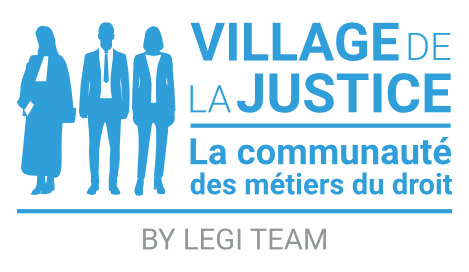Vietnam’s tariff reduction schedule on pharmaceutical imports from the EU
Under the Agreement, Vietnam will eliminate tariffs on half of all EU pharmaceuticals following the entry into force of the EVFTA. Remaining pharmaceutical tariffs will be removed within 10 years.
Pre-EVFTA tariffs on pharmaceuticals imported into Vietnam from the EU imposed under the World Trade Organization Rules had a mean average tariff rate of 2.26%, with 63% of products with already a zero tariff. Following entry into force of the EVFTA, Vietnam’s tariffs on EU pharmaceutical products shall be largely removed within 11 years. Hence, the mean average tariffs will drop from 2.26% to 1.99 % in the first year, 0.61 % in the medium term and 0 % in the 11th year. The tariffs will still remain after year 11 for some pharmaceutical imports into Vietnam, namely medicines listed in the HS 3004, HS 3005 and some in HS 3006 categories such as some drugs and medical devices.
Facilitating administrative procedures for pharmaceutical products
Furthermore, some pharmaceutical products such as certain drugs or medical equipments are exempted by the Government from local clinical trials restrictions. Previously, pharmaceutical companies needed 2 to 5 years to obtain market authorisations for all local clinical trials. Following enactment of the EVFTA provisions, streamlined clinical trial approvals will guarantee quicker access to new and innovative medicines.
Foreign Invested Enterprise (FIE) establishment in Vietnam
One of the most notable changes is the possibility for EU pharmaceutical companies to establish foreign-invested enterprises to import authorised pharmaceuticals in Vietnam.
These foreign-invested enterprises will be entitled to :
• Sell pharmaceuticals imported by them to distributors or wholesalers in Vietnam and to perform other activities
• Build their own warehouses
• Provide information about their product to Health Care Practitioners and do clinical study and testing
In fact, article 15, Chapter 2 of the EVFTA requires Vietnam to establish and enforce legal tools to facilitate the establishment of FIEs in the country. This article will also enable FIEs to domestically sell pharmaceuticals which they have legally imported through distributors or wholesalers, who have the right to distribute pharmaceuticals on the Vietnamese market.
The article further provides that FIEs are allowed to build their own warehouses to store pharmaceuticals which they have legally imported into Vietnam, provide information relating to pharmaceuticals to health care professionals, and carry out clinical study and testing pursuant to ensure that the pharmaceuticals which they have legally imported into Vietnam are suitable for domestic consumption.
Accordingly, the EVFTA brings large rewards for eligible FIEs via establishment provisions and their expanded scope of activities.
Government procurement of pharmaceutical products
Vietnam proposed procurement of all pharmaceutical goods purchased by the Ministry of Health. This means that if Vietnam decides to create a centralised procurement mechanism for pharmaceuticals afterwards, this mechanism would be also subject to its FTA government procurement commitments.
After two years from entry into force of the agreement, EU suppliers will have legally secured market access and the initial share of 100% attributed to local suppliers will decrease to a final share of 50%. The other half will be opened to all suppliers with market access rights (which includes EU suppliers).
Patent Term Extension
Important improvements on Intellectual Property Rights (IPR) will make Vietnam more attractive for producers of pharmaceutical products.
The Agreement will provide a 2-year patent protection extension, in the case where a patent owner suffers from unreasonable delays from an authorized office while requesting marketing authorisation. The member countries, and especially Vietnam - known for its important marketing approval delays in the pharmaceutical industry - will have to adjust their patent term to make up for such delay.
Protection of undisclosed information
Article 41 Sub-section 6 of Chapter 12 imposes new obligations governing the protection of undisclosed information and data needed for approving the marketing of pharmaceutical or agro-chemical products.
In particular, paragraph 2 requires that when regulators receive undisclosed test data or other confidential information as part of a pharmaceutical marketing application, the regulators must maintain confidentiality of the data and protect against unfair commercial use.
According to Paragraph 3, no other applicant for pharmaceutical marketing approval may rely on the original propriety data for their own marketing approval for a period of at least five years following the initial marketing application. An exception to the preceding is only available if necessary to protect the public.
Currently in Vietnam there is no automatic protection for undisclosed information and data. Rather, regulators require a request from the applicant before providing protection. However, this responsibility lasts for five years maximum, whereas the EVFTA requires a minimum period of 5 years. Accordingly, changes in Vietnamese IP law will be necessary in order to comply with the EVFTA in this regard.
Most-Favoured Nation principle
Finally, it is worthy to note that the CPTPP commitments on Intellectual Property are recognised by the EVFTA through the Most-Favoured Nation principle and shall apply to EU nationals if they are more favourable than the EVFTA commitments.


































